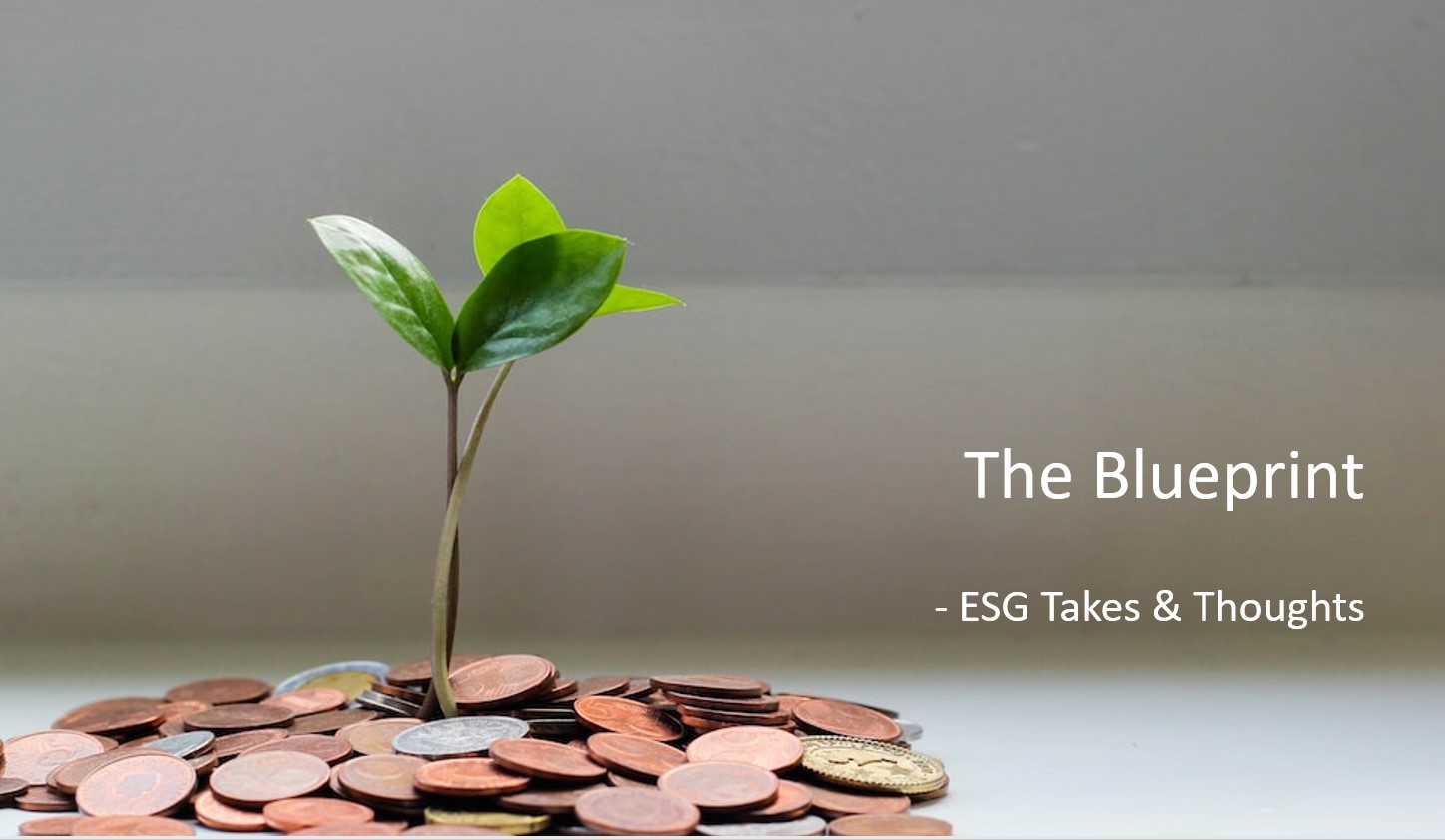
Moving towards a green economy
- Global climate finance falls short of requirements needed for net-zero
- Banks are pivotal in financing the transition to a green economy
In order to make the transition to net-zero, it is essential to look beyond short-term disruptions that may impede global climate and biodiversity goals. However, there exist gaps in the funding needed to support the transition.
Global climate finance was estimated to pass US$1 trillion for the first time in 2022, falling short of the annual US$6.2 trillion required to deliver net-zero. The shortfall is particularly notable in the energy sector which requires at least US$2.1 trillion annually.

Photo: Freepik
The finance sector is a critical engine of the global economy, providing access to capital for businesses. One tool in this space is green bonds which enable capital-raising and investment for projects with environmental benefits. However, labelled bond issuances saw a slowdown in 2023. China’s offshore green bond market dwindled to a record low in 2023 of US$10 billion due to rising US interest rates and an absence of Chinese property developers. At the same time, sustainability-linked and transition bonds experienced a 35% drop from 2022.
Sustainable financing solutions are crucial in supporting the transition to cleaner energy. For example, coal is India’s main source of energy and makes up about half of the country’s supply. Coal plants have decades-long lifespans and early retirement of each megawatt will cost between US$50,000 to US$150,000. To reach net-zero, India will need to account for costs of decommissioning the plants, finding suitable replacements, and strengthening the grid. At present, India mobilises green finance worth US$44 billion annually – a fraction of the US$2.5 trillion needed to achieve India’s Nationally Determined Contributions (NDCs) under the Paris Agreement.
Facing a projected three-fold increase in energy demand, fossil fuels dominate Southeast Asia’s energy mix. Fossil fuels met over 80% of the region’s energy needs in 2020 – far outweighing the 14% from renewables. As Southeast Asia looks to renewables to boost energy security, it faces hurdles in overcoming the financing gap for scaling up wind, solar, battery storage, geothermal and hydropower. Singapore, aiming for net-zero emissions by 2050, is planning to import low-carbon electricity – which could help catalyse the development of grid infrastructure connecting the region. Companies specialising in grid optimisation and energy storage can stand to benefit from these developments. Investors can also support coal phaseout efforts by providing capital through financial instruments focused on clean energy including green bonds and sustainable investment funds.
Looking forward
Banks play a key role in facilitating the move to net zero by providing financing and supporting sustainable projects and businesses. Our Sustainable Reserve Fund employs PCM’s inclusionary approach to sustainable investing by assessing the activities that contribute to the green economy. For instance, a Singapore bank was the first in Southeast Asia to stop financing new coal-fired power plants and achieved S$44 billion in sustainable finance commitments (15% of loan book) towards its S$50 billion goal by 2025. Channelling the flow of our funds to issuers that contribute to a green economy helps accelerate deployment of established technologies, develop sustainable infrastructure, and scale-up emerging technologies needed to address climate change effectively.
Important Information
This material is provided by Phillip Capital Management (S) Ltd (“PCM”) for general information only and does not constitute a recommendation, an offer to sell, or a solicitation of any offer to invest in any of the exchange-traded fund (“ETF”) or the unit trust (“Products”) mentioned herein. It does not have any regard to your specific investment objectives, financial situation and any of your particular needs.
The information provided herein may be obtained or compiled from public and/or third party sources that PCM has no reason to believe are unreliable. Any opinion or view herein is an expression of belief of the individual author or the indicated source (as applicable) only. PCM makes no representation or warranty that such information is accurate, complete, verified or should be relied upon as such. The information does not constitute, and should not be used as a substitute for tax, legal or investment advice.
The information herein are not for any person in any jurisdiction or country where such distribution or availability for use would contravene any applicable law or regulation or would subject PCM to any registration or licensing requirement in such jurisdiction or country. The Products is not offered to U.S. Persons. PhillipCapital Group of Companies, including PCM, their affiliates and/or their officers, directors and/or employees may own or have positions in the Products. This advertisement has not been reviewed by the Monetary Authority of Singapore.
